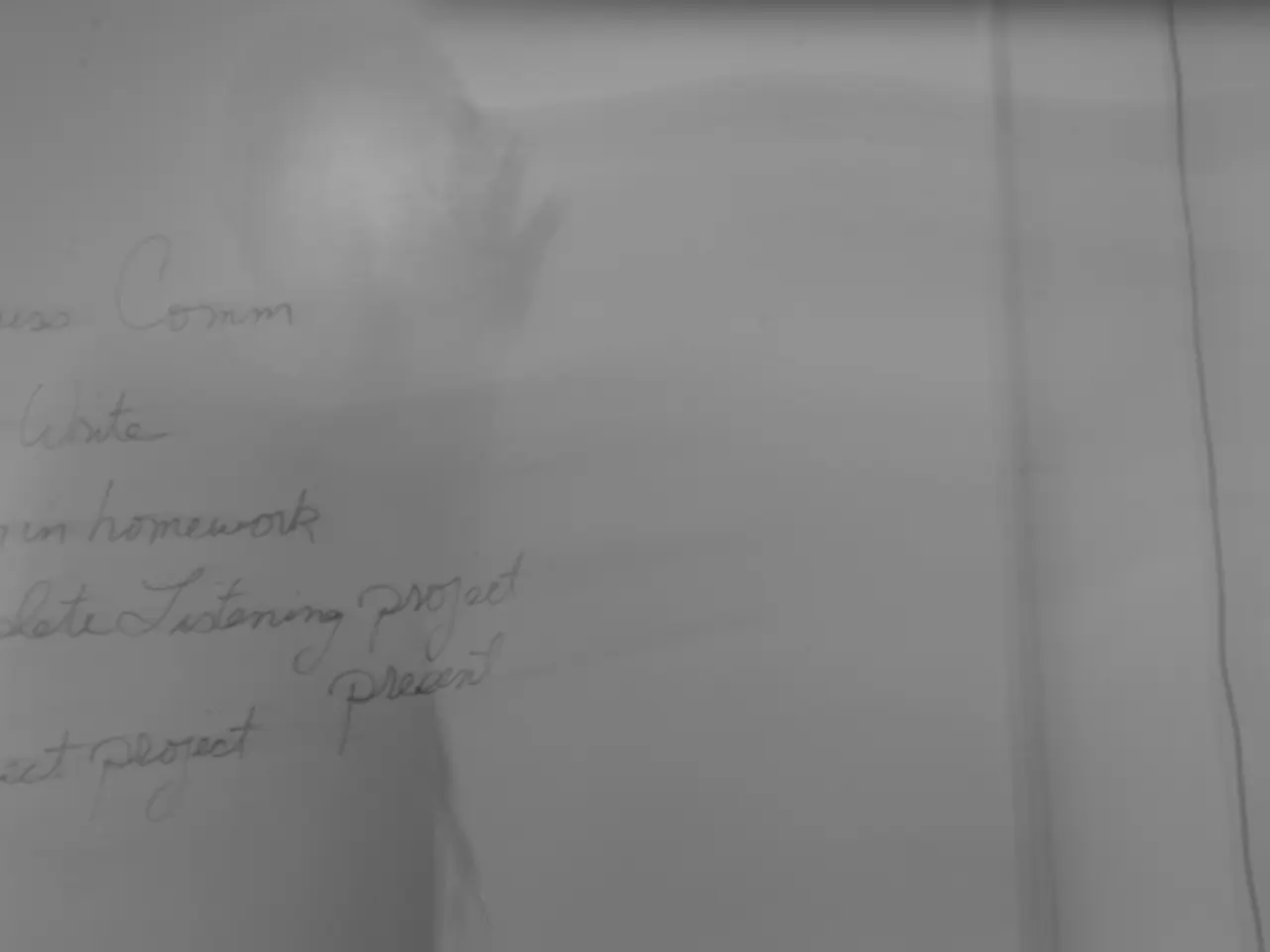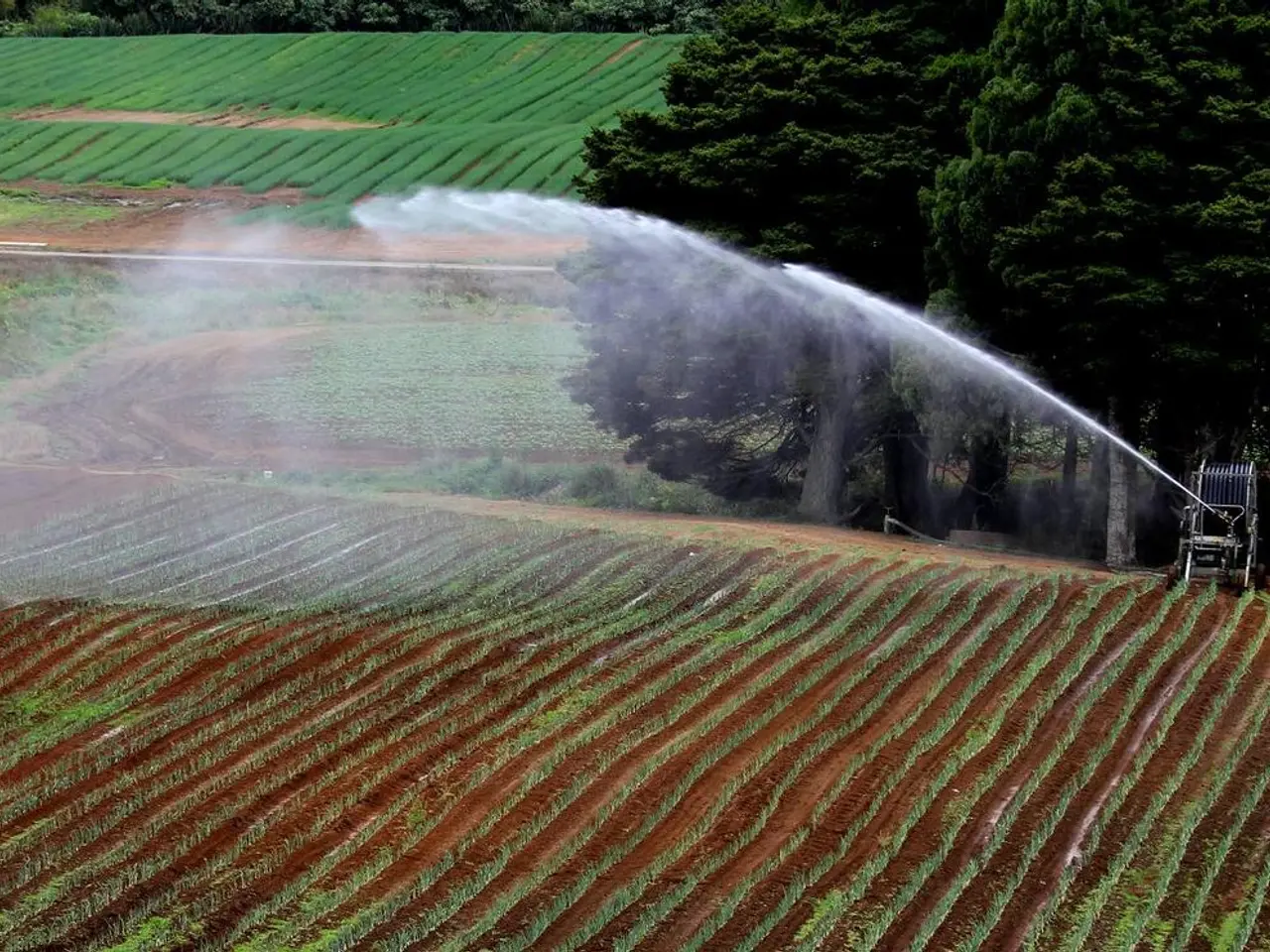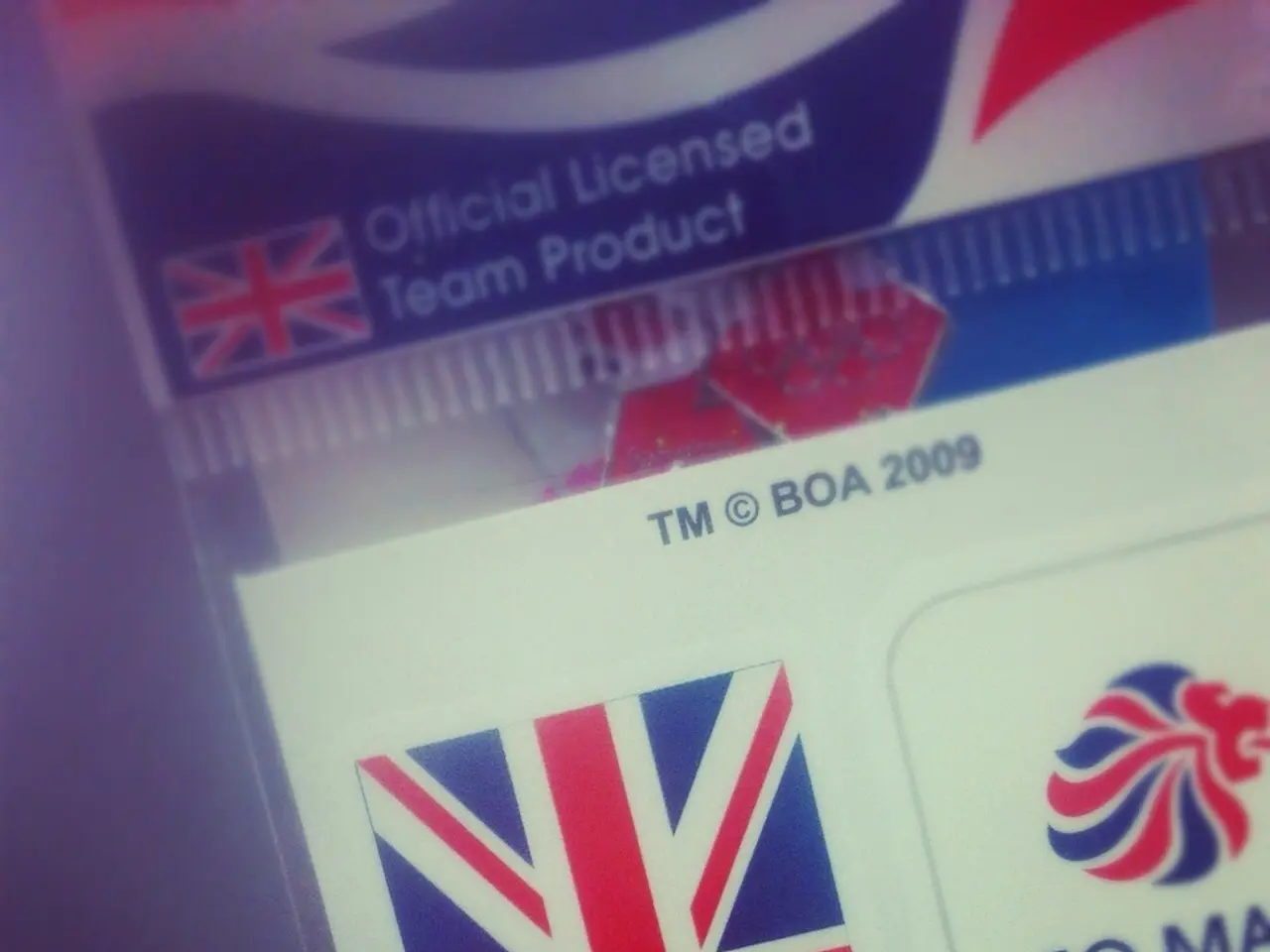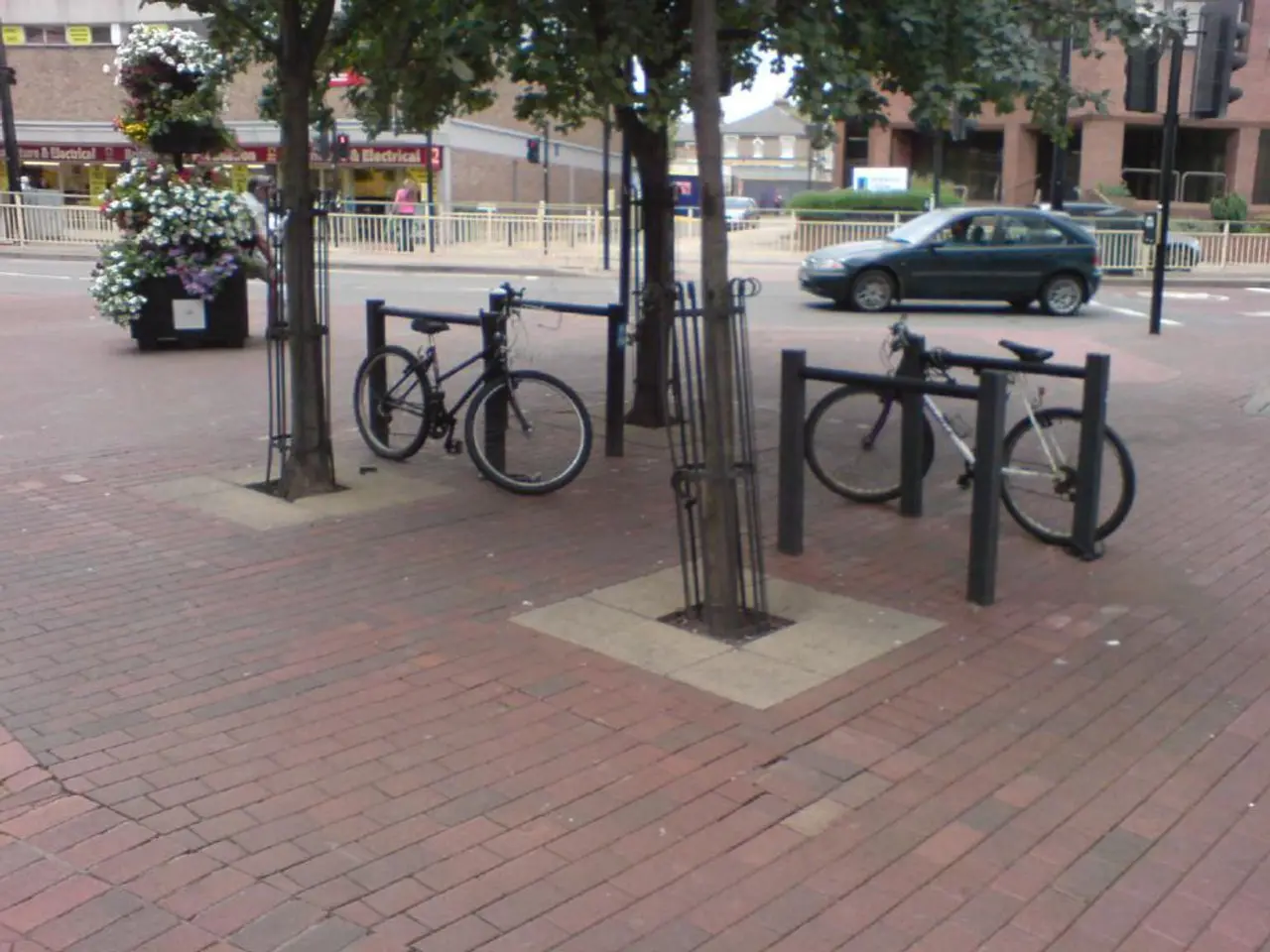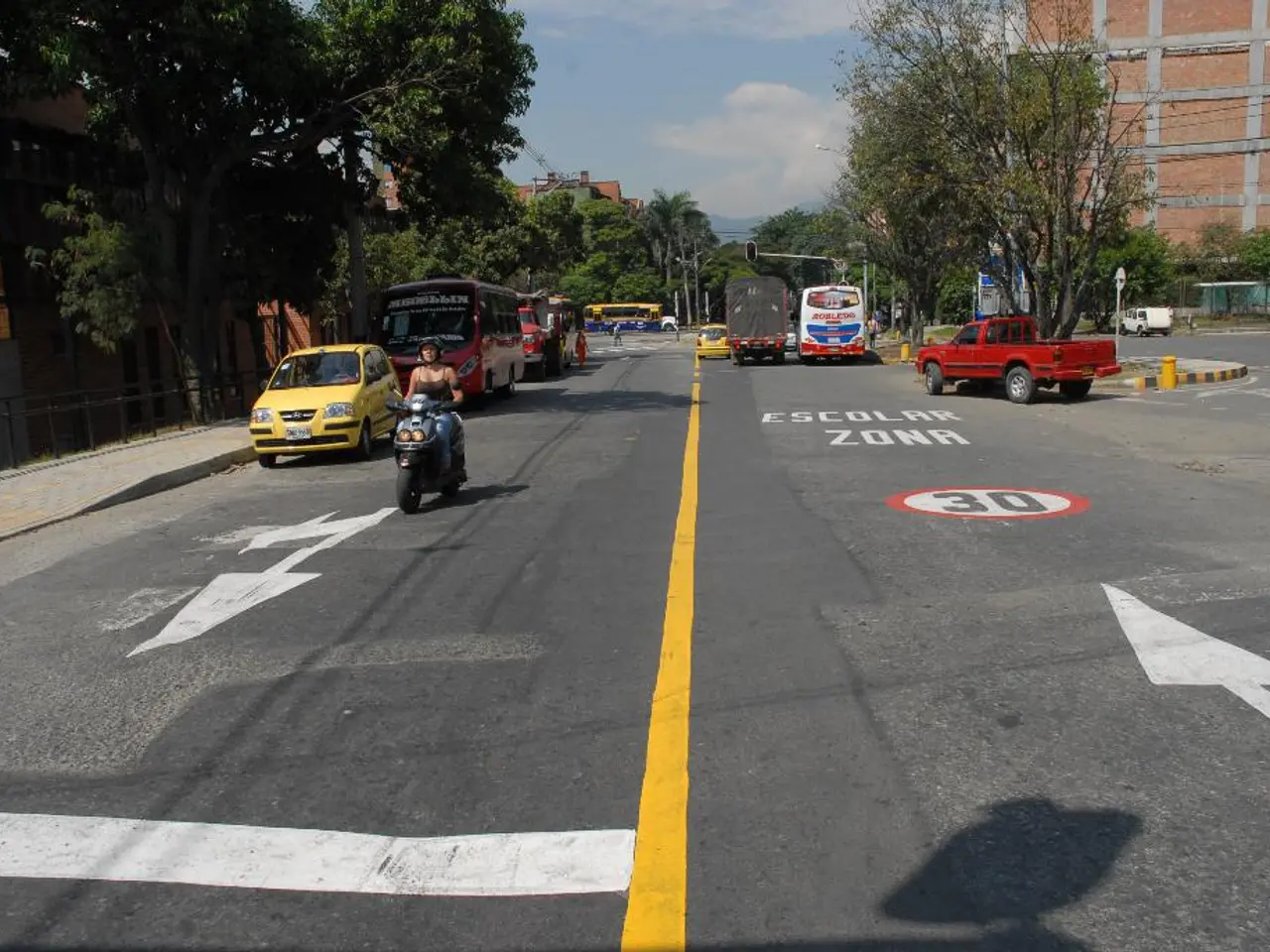Salary Manipulator Exposed
In response to the upcoming significant increase in Germany's legal minimum wage, there is a growing call for strengthened labour enforcement and control measures. With the minimum wage set to rise from €12.82 in 2025 to €13.90 in 2026 and further to €14.60 by 2027, the need for stricter compliance has become more pressing, particularly in sectors prone to low-wage employment and informal labour practices.
One key player in the fight against illegal employment and undeclared work is the Financial Control of Black Work (Finanzkontrolle Schwarzarbeit, FKS), a unit within the Customs authority. Uwe Orlob, district chairman of the IG BAU Düsseldorf, has emphasised the need for enhanced powers and resources for the FKS to effectively detect and sanction wage violations and black-market labour.
The current labour inspection system in Germany is fragmented, with responsibilities spread among various regional and sectoral bodies. This fragmentation can lead to inconsistent enforcement, especially with rising minimum wage thresholds. To address this issue, there is a call for a unified labor inspection authority that would centralise and standardise labour law enforcement, including minimum wage compliance and social security contributions.
Orlob has also highlighted the economic pressures caused by the wage increase, which may incentivise some companies to evade regulations. He has urged for a state labor inspection as a superior authority to ensure compliance with employee rights and social regulations in the long term.
Recent investigations by the FKS in Düsseldorf have resulted in fines of around 115,000 euros, with 46,100 euros being imposed against construction companies. In the first half of the year, customs officers in Düsseldorf initiated 365 proceedings for administrative offenses related to wage payment.
Examples of administrative offenses include not paying minimum wages, paying them late, or not paying them at all. Construction workers are often left to recover the wages they were cheated out of. Orlob has suggested that the FKS at the main customs office in Düsseldorf should be significantly strengthened in personnel to prevent what he describes as "pure 'placebo controls'".
If trade unions or works councils bring indications to the labor inspection, this should lead to investigations, according to Orlob. He also advocates for involving collective bargaining partners in the labour inspection process to ensure effective enforcement and protect workers’ rights.
Orlob has welcomed the plans of the traffic light coalition in Berlin to increase the legal minimum wage to 12 euros per hour. He believes that this increase will provide a more secure foundation for workers, but only if accompanied by robust enforcement and control measures.
The success of a "labor control from one hand" has been demonstrated in countries like France and Spain. As Germany prepares to raise its minimum wage, it seems that a similar approach may prove beneficial in ensuring effective enforcement and protecting workers’ rights.
The increased minimum wage in Germany has raised concerns about undeclared work and wage violations within the construction industry, leading Uwe Orlob, district chairman of the IG BAU Düsseldorf, to advocate for a strengthened Financial Control of Black Work (FKS) to address these issues. Moreover, Orlob supports the creation of a unified labor inspection authority to standardize minimum wage compliance and enforce social regulations more effectively across all businesses and sectors.
